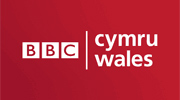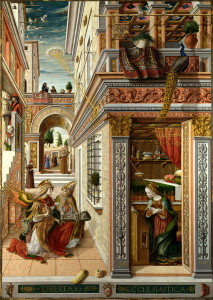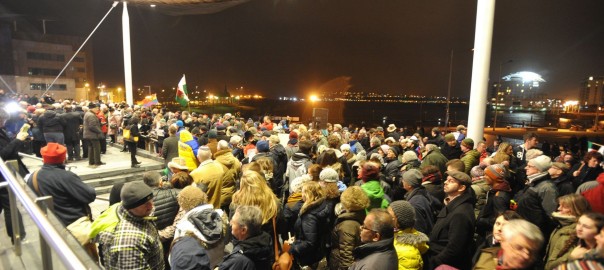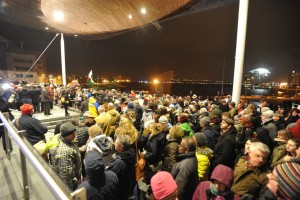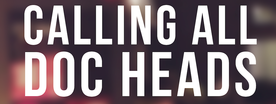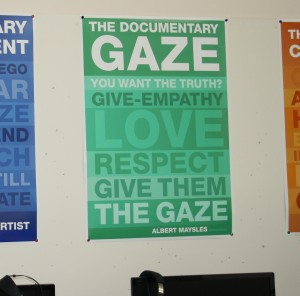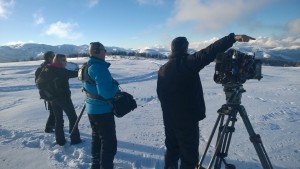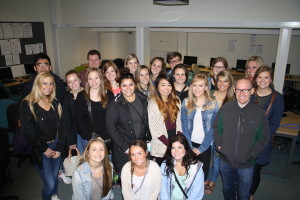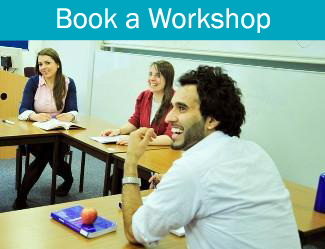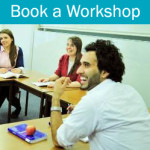See IWA Click on Wales blog page 9th March
Crabb Deal on Broadcasting in Wales is not secure yet
When Stephen Crabb, the Secretary of State for Wales, stood up on 27 February to proclaim a (fragile) cross-party consensus on further powers for Wales, he did so only hours after Ofcom, the media regulator, had closed its consultation on the future of public service broadcasting. Ofcom’s review and the Crabb ‘consensus’ represent potentially important milestones for broadcasting in Wales.
What the premature St. David’s Day agreement (a Sunday announcement was never on the cards) had to say about broadcasting, unsurprisingly, made no headlines, but it laid down an important marker for the coming debate on the BBC’s Charter and for the need to deepen Welsh involvement in media policy. There is a huge amount at stake both for viewers and for our television production industry.
Apparently, all four parties are now agreed on proposals that the IWA has supported and promoted for some years past in various publications, and in the evidence that it submitted to the Silk Commission by the UK’s Changing Union project in which it has been an active partner. It did so again last week in its response to Ofcom’s consultation document.
Mr. Crabb’s Command Paper says there was consensus around the following Silk Commission proposals: Continue reading Crabb Deal on Broadcasting in Wales is not secure yet →
